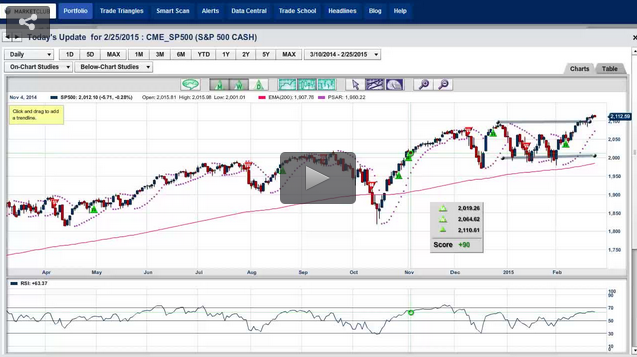
OK, so it’s not the most original headline. But it reveals the thinking of some savvy investors, and I think they have a good point.
Baron Rothschild, the 18th century British nobleman and member of the Rothschild banking family, is credited with saying, “The time to buy is when there’s blood in the streets.”
I haven’t heard that there is actual blood running in the streets of Athens or other Greek cities, but it’s pretty close, financially speaking, which means it may be time to be buying Greek bonds.
We all know by now that after taking the most seats in the January 25 parliamentary election, the left-wing Syriza party formed a coalition government with the small right-wing Greek Independence Party. The one thing the two have in common is opposition to anti-austerity measures imposed on Greece by the European Central Bank and European Union as conditions for earlier financial bailouts and more in the future. There is also the fear that the Syriza-led government wants to secede from the EU, although that seems unlikely to happen.
Not surprisingly, investors have fled from Greek assets in droves and pulled their money out of Greek banks.
The Athens Stock Exchange General Index, or ASE, has tanked more than 40% since last March, nearly 13% since the election. Government bond prices have likewise plummeted, sending yields soaring. The yield on the 10-year bond jumped more than 200 basis points after the Syriza win and now yields more than 11% as of Friday. Continue reading "Get me to the Greek" →



